Happy Zookeeper Appreciation Week! Today’s Keeper spotlight is on Kristine S. of the Chimp Forest team. Get to know Kristine and her role at The Maryland Zoo with the chimpanzees by reading below! Training (above) is a regular part of Kristine’s job on the Chimp Forest team.
What kind of animals do you work with or what area?
Chimp Forest — primates and all of the animals in the Zoo’s hospital.
How long have you been working at the Zoo?
4 years.
What steps did you take in order to become an animal keeper?
All of my previous work experience has been working with animals. Eighteen years worth of experience at various places including the National Aquarium.
What is something you do everyday for the animal that would surprise us?
Most people don’t realize that we manage the female chimp breeding program through the use of birth control. I crush up a birth control pill and mix it in with peanut butter every morning. This is given to each female that is not approved to breed by the Species Survival Plan.
What do you want the public to know about zookeeping?
Morning, noon, night, holidays, weekends, Christmas, thanksgiving included, hurricanes, blizzards, and all other natural disasters — we are here to take care of these living beings. Their life depends on our care.
Why did you want to become a keeper?
I’ve wanted to work with animals my entire life. As a small child I thought being an animal keeper would be the best job in the world. I never lost that desire and I’m not one to settle. It’s the only job for me!
What hobbies/interests do you have outside of your zoo life?
Playing with my animals, going to Orioles games, playing my djembe (African drum), and watching movies.
What is your favorite part of a typical day at the zoo?
Greeting each of my animals every morning and having them greet me back.
What is the most challenging part of your job?
Being a chimp keeper, it’s challenging to come up with new and stimulating enrichment for one of the smartest animals in the zoo. It is a constant and fast-paced job to keep up with how smart they are.
Where would you travel to see animals, or what places have you traveled to?
I would love to travel to Africa for a safari or Madagascar to see lemurs in their natural habitat.
What do you think is the most important reason to support the zoo?
These animals educate us to help conserve species in the wild and captivity. Supporting zoos will benefit the future of exotics and give us a better understanding of their needs.

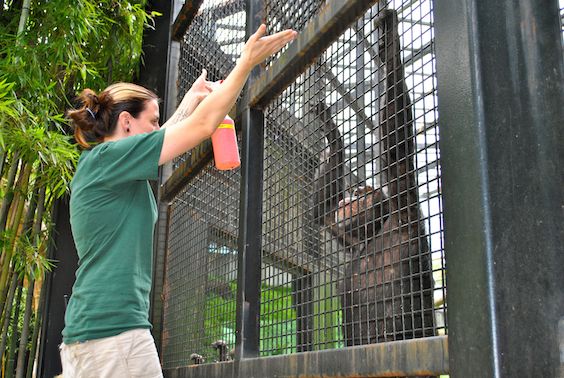
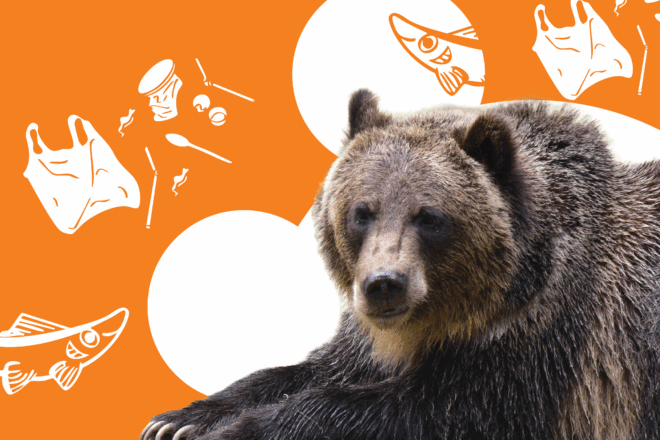
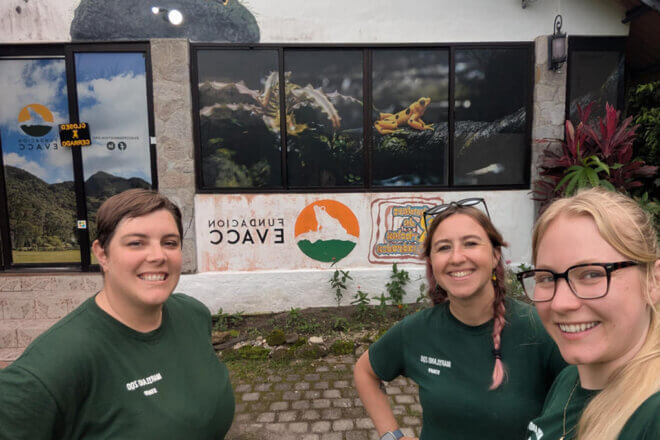
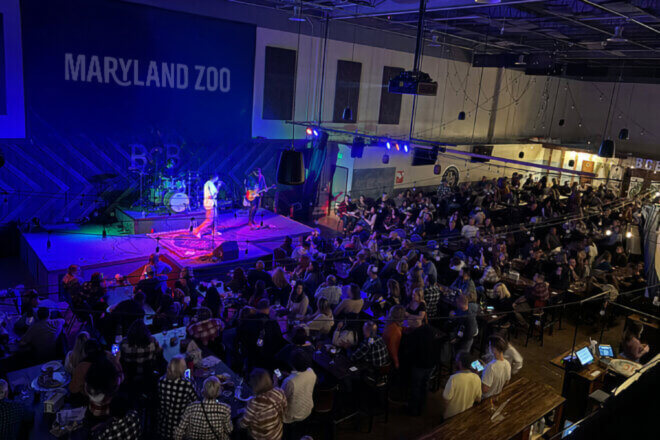
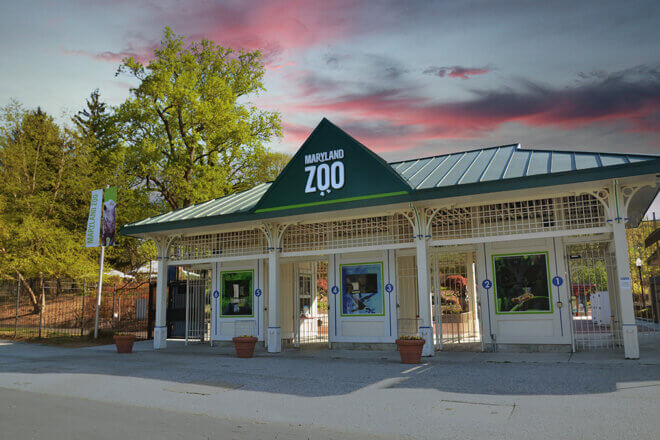
Share this article